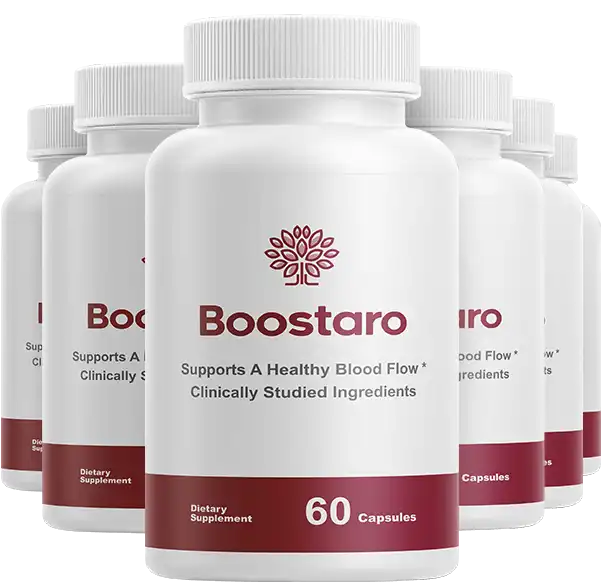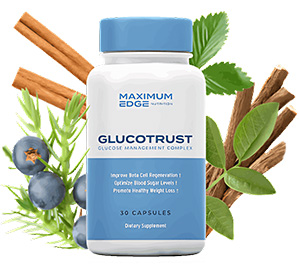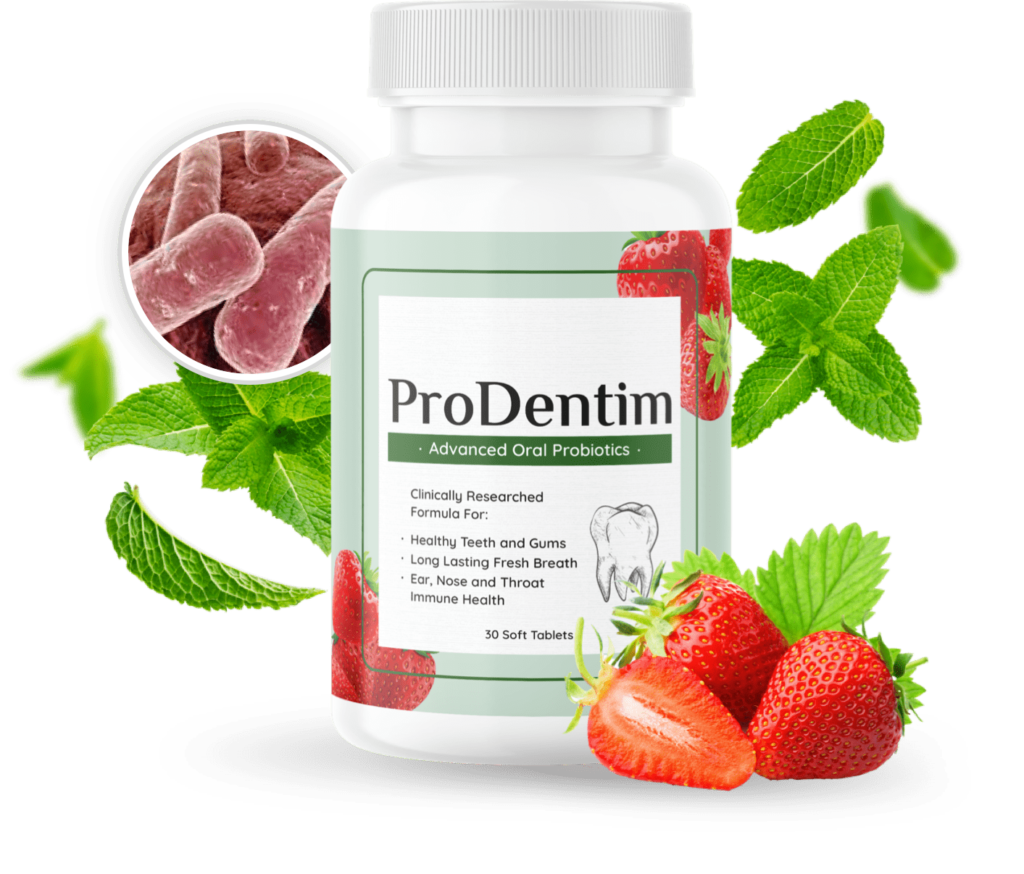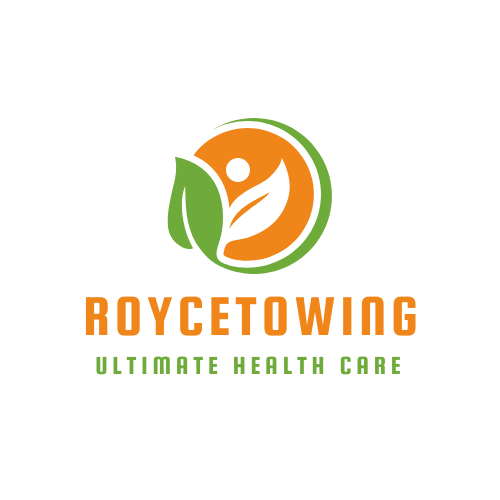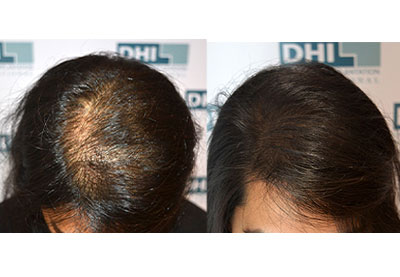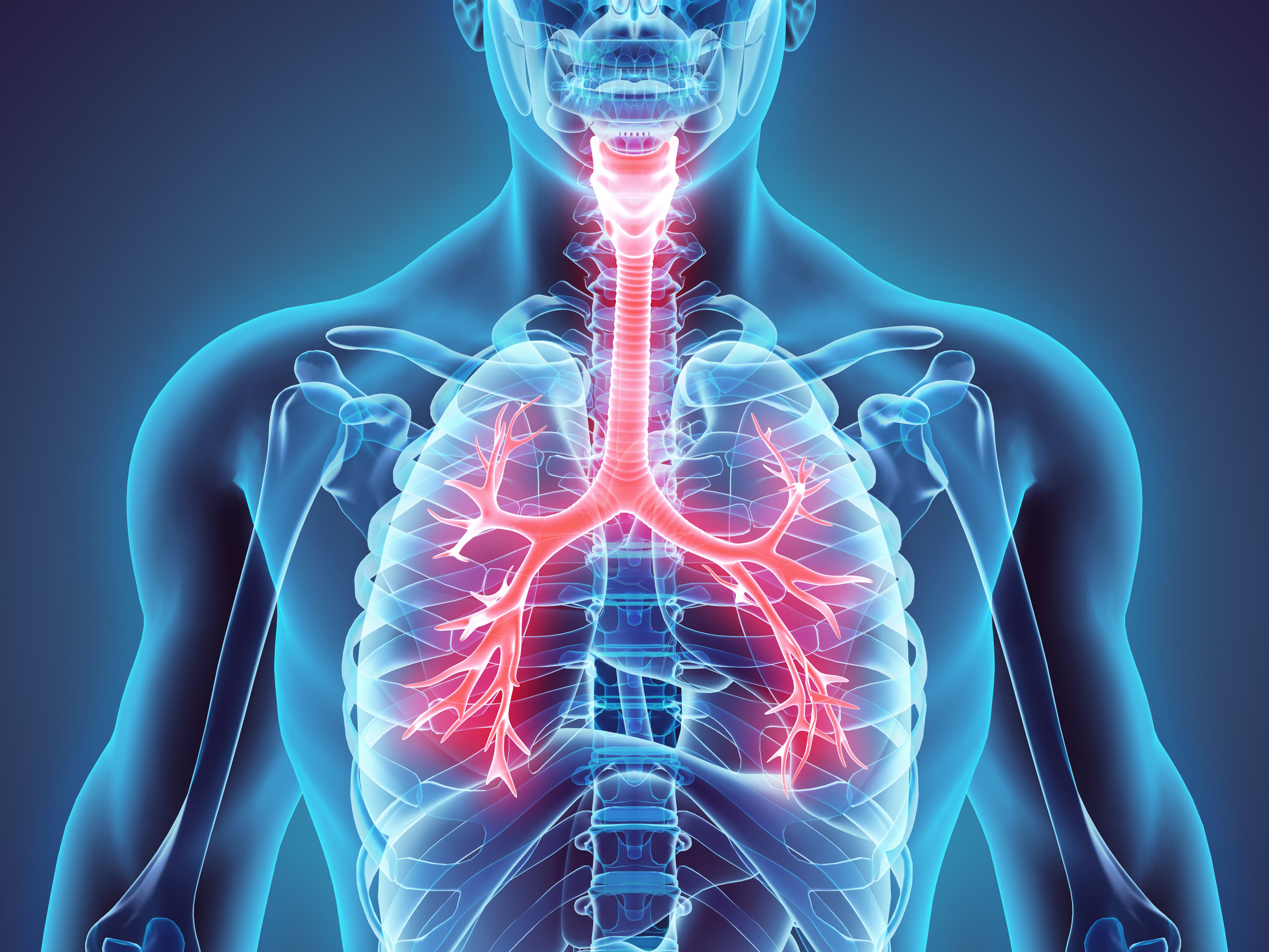What is Dietary Supplements?
Dietary supplements are like little helpers for your body. They come in different forms, like pills, powders, or liquids, and they’re packed with things your body needs to stay healthy.
Think of them as backup plans for when your regular meals might not give you everything you need. They’re filled with nutrients like vitamins, minerals, and sometimes even herbs or other special ingredients.
These supplements can be useful for all sorts of reasons. Maybe you’re not getting enough of certain nutrients from your food, or perhaps you have a special health condition that means you need more of a particular vitamin or mineral.
For example, if you’re not eating much fish, you might need a fish oil supplement to get enough omega-3 fatty acids. Or if you live in a place where there’s not much sunlight, you might need a vitamin D supplement to keep your bones strong.
But remember, while dietary supplements can be helpful, they’re not magic pills. It’s still super important to eat a balanced diet with lots of fruits, veggies, whole grains, and other healthy foods. Supplements are just there to give you a little extra boost when you need it. As always, it’s a good idea to talk to your doctor before starting any new supplements, just to make sure they’re right for you.
Risks of taking dietary supplements:
- Talk to a Healthcare Professional: Before you start taking any dietary supplement, it’s a good idea to talk to someone like your doctor, nurse, or pharmacist. They can help you understand the benefits and risks.
- Strong Effects: Some supplements have powerful ingredients that can affect your body in big ways. They might interact with medications you’re already taking, mess up lab tests, or cause problems during surgery.
- What to Do if Something Goes Wrong: If you have a bad reaction or side effect while taking a dietary supplement, stop using it right away. Get medical help or advice, and let the FDA (Food and Drug Administration) know about what happened.
It’s important to be careful when taking dietary supplements and to always talk to a healthcare professional if you have any concerns or questions.
When can’t you get nutrients from your diet?
Sometimes, your body might not get all the nutrients it needs from the food you eat. Eating a healthy diet with lots of different foods is usually the best way to get these nutrients. It’s better than taking supplements because it’s more effective, cheaper, and tastier!
But some people can’t get all the nutrients they need just from food. For example, vegans might miss out on certain nutrients because of their diet restrictions. As we get older, our bodies might have trouble absorbing vitamin B12 from food, especially if we don’t have enough stomach acid. And people with conditions like cancer might need more nutrients than usual because their bodies work extra hard.
Supplements can help fill in these gaps in our nutrition. They can be really useful for fixing a lack of vitamin D. Lots of people don’t get enough vitamin D because it’s not in many foods. This is especially common in people who are obese or have certain health issues.
Benefits of taking Dietary Supplements
Taking dietary supplements can be really helpful because they contain vitamins and minerals that your body needs for important functions. Let’s dive into some of the good things these supplements can do:
- Calcium: This nutrient is like a superhero for your bones. It makes them stronger, which is especially important as you get older. For pregnant women, calcium can also help prevent a condition called preeclampsia, which can be harmful during pregnancy.
- Vitamin D: Think of vitamin D as the sidekick to calcium. It helps your body absorb calcium better, which keeps your bones healthy and strong. This is super important for preventing bone problems like osteoporosis, especially as you age.
- Magnesium: Ever get annoying headaches or have high blood pressure? Magnesium might be the answer. It can help lower your blood pressure and even make those pesky migraines happen less often, giving you some relief.
- Folate/folic acid: If you’re expecting a baby, this one’s crucial. Folate, or its synthetic form folic acid, lowers the risk of certain birth defects when taken during pregnancy. It’s also been found to make antidepressants work better and can even reduce the risk of having a stroke when combined with other B vitamins.
- Iron: Iron is like the energy booster your body needs. It helps prevent a condition called anemia, which is when you don’t have enough iron in your blood. For pregnant women, iron also plays a big role in preventing premature birth and having a baby with low birth weight.
These supplements are like little helpers that support your body in various ways, ensuring you stay healthy and strong.
Best Natural Dietary Supplements
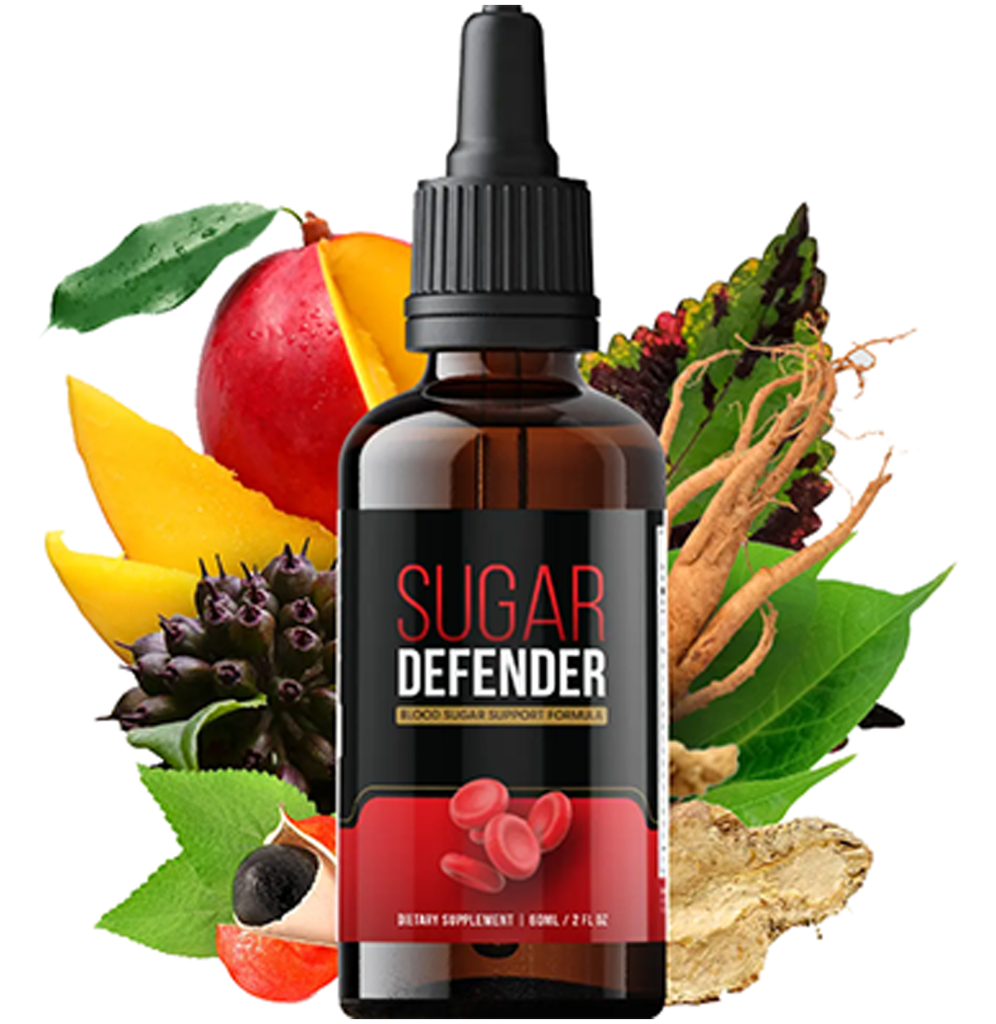
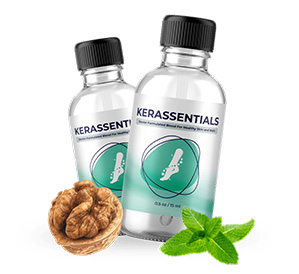
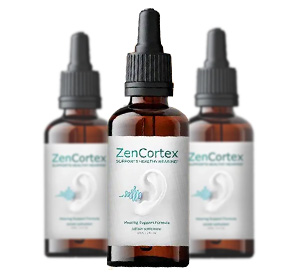
Sugar Defender
Kerassentials
ZenCortex
High Quality Vitamins and Supplements

Natural Weight Loss Supplements
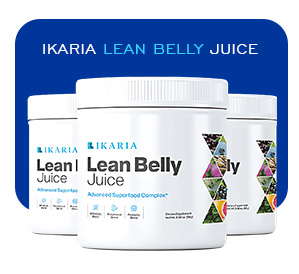
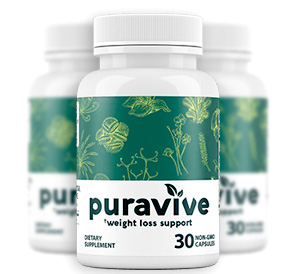
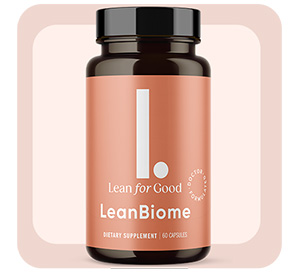
Ikaria Juice
Puravive
LeanBiome
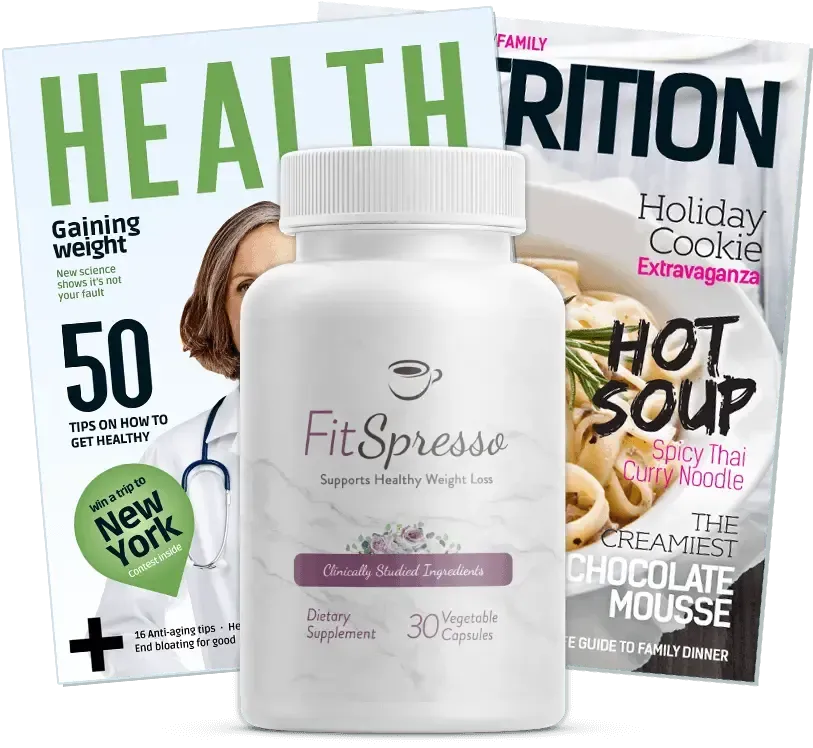
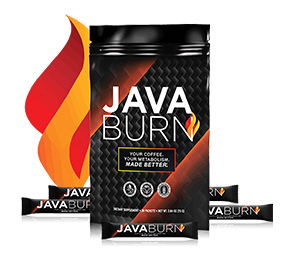
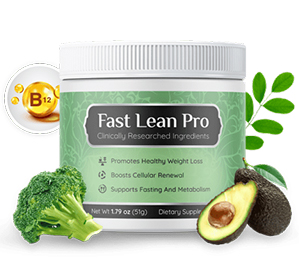
FitSpresso
Java Burn
Fast Lean Pro
Natural Dietary Supplements & Vitamins
